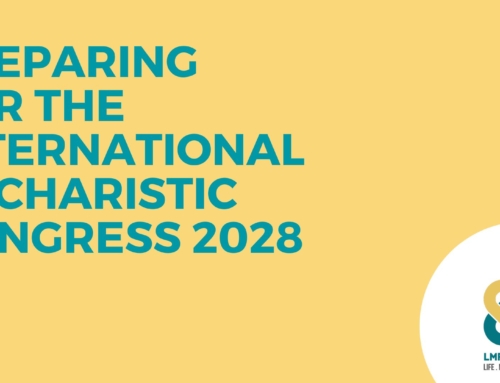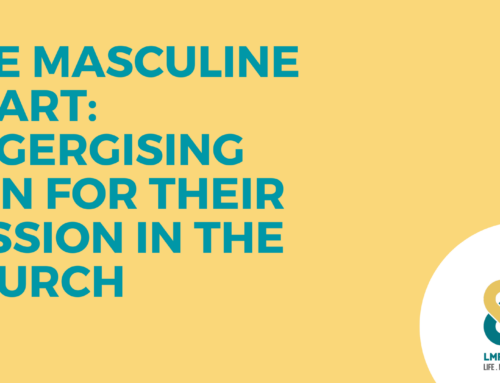Stop Saying the Catholic Church Rejects “Birth Control”
We reject contraception, abortion, and sterilization – and there’s a difference.
In this article from Aleteia by Brantly Millegan, he explains why the language Catholics use regarding birth control can cause confusion. For more great commentary on Catholic issues: www.aleteia.org
With the ongoing battle over the HHS mandate, one thing everyone knows about the Catholic Church is that she opposes birth control. And she does.
But the Catechism of the Catholic Church is also clear that the regulation of procreation can be moral:
“A particular aspect of [marital] responsibility concerns the regulation of procreation. For just reasons, spouses may wish to space the births of their children.” (CCC 2368)
Confused?
Here’s the problem: the term “birth control” is vague. Whether the Church is against all “birth control” really depends on what exactly the phrase is meant to refer to – which is often not the same as what the Church means by legitimate “regulation of fertility.”
Most of the time, “birth control” is synonymous with contraception, as well as sometimes abortion and sterilization. Insofar as the phrase is referring to those things when one says “birth control,” the Church rejects it completely.
But, unfortunately, sometimes people use “birth control” in a more general way, referring to any method of fertility regulation, both artificial and natural. Check out Planned Parenthood’s page on methods of birth control, and alongside contraceptive and abortifacient methods such as implants, pills, and IUDs (methods the Church rejects) you’ll see listed natural methods like abstinence, fertility awareness, and breastfeeding (methods the Church accepts).
To make the meaning of the phrase even more cloudy, some people refer to female hormone treatments as “birth control,” (since they are usually the same hormones used for contraception) even if they aren’t using them to contracept but instead to legitimately treat a bodily disorder. When these people hear that the Church is against “birth control,” they wonder why the Church would be against their medicine. (This has come up a lot in debates about the HHS mandate.)
With all of this in mind, let’s return to the initial question: is the Church against “birth control”? Yes in the first sense, yes and no in the second sense, and not at all in the third.
It’s easy to see how this vagueness leads to equivocation, which in turn leads to confusion regarding the Church’s actual position.
To solve this problem, I propose Catholics and non-Catholics stop using the phrase “birth control” when describing the Church’s position. Given that the issue is so controversial and the Church’s position is widely misunderstood, we should be as precise as possible – and the Church’s own documents can help us with this.
First, regarding what exactly the Church rejects, here’s how Pope Paul VI puts it in his 1968 encyclical “On the Regulation of Birth,” also known as Humanae Vitae
“[T]he direct interruption of the generative process already begun and, above all, all direct abortion, even for therapeutic reasons, are to be absolutely excluded as lawful means of regulating the number of children.
In other words, it would be more precise to say that the Church rejects abortion, sterilization, and contraception.
Second, when it comes to medical treatments,
So if you are a woman taking hormones as medicine to treat a health problem, even if those hormones might have an otherwise unintended contraceptive side-effect, the Church has no problem with it.
And lastly, the Church wholly embraces natural means of regulating fertility, provided the couple is doing so for just reasons:
“If… there are well-grounded reasons for spacing births, arising from the physical or psychological condition of husband or wife, or from external circumstances, the Church teaches that married people may then take advantage of the natural cycles immanent in the reproductive system and engage in marital intercourse only during those times that are infertile.”
Put in this more precise way, the Church’s teaching is actually much more sophisticated and nuanced than most people realize. No doubt, many people will still disagree with the Catholic position, but if we speak more precisely at least it will be more likely they disagree with the Church’s actual position, rather than some confused, straw-man notion of “birth control.”
Brantly Millegan is an Assistant Editor for Aleteia. He is also Co-Founder and Co-Editor of Second Nature, Co-Director of the International Institute for the Study of Technology and Christianity, and is working on a M.A. in Theology at the St. Paul Seminary School of Divinity. He lives with his wife and children in South St. Paul, MN. His personal website is brantlymillegan.com.
Article link: here





